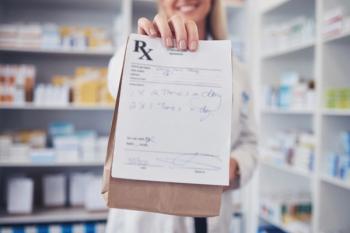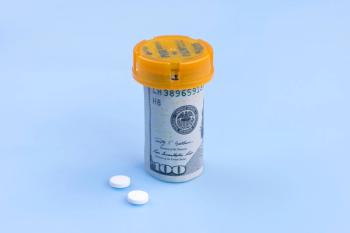
The Whining of an Independent Pharmacy Owner
I would like permission to vent a little bit about the things an independent pharmacy goes through today. My parents would’ve called this whining when I was younger, but I think venting sounds better.
It’s a nonstop struggle to try to stay ahead running a business. The biggest obstacle is pharmacy benefit managers (PBMs) and insurance companies, whose job is to save money for the company they provide services for.
I feel that the way they accomplish this is to cut back the amount they pay pharmacies for the prescriptions dispensed to their clients. Certain cuts have been so deep that some independent pharmacies have sold their businesses to large chain pharmacies such as CVS Health and Walgreens.
The average cost to a pharmacy to dispense a prescription is approximately $10.50. In other words, a pharmacy needs to average this amount on each prescription just to break even. Unfortunately, most of these prescriptions are reimbursed at a rate much lower than this.
Some of the practices employed by PBMs have finally been made public and they are starting to lose their contracts. Hopefully, our government will investigate and start regulating what PBMs are doing.
Another issue we have is direct and indirect remuneration (DIR) fees through Medicare Part D plans. I really don’t know who came up with this idea, but it seems quite unethical to me. The Part D plans come up with criteria for us to meet and if we don’t, they take money back from us.
This money comes from the profit we made from prescriptions, even if it was only a few dollars. In turn, the plans are supposed to use this money to help their clients; however, I haven’t found a pharmacist who trusts these companies.
If they collect as much from every pharmacy in the country as they have collected from me this past year, it would be in the millions of dollars. Companies are getting rich from these contracts, so I’m not sure why we, as pharmacies, are always having money taken away from us.
Some of the criteria they want us to meet is through the Part D Star ratings. One of the main components of this evaluation is ensuring that patients regularly take their medicine. One of the hardest things to do is trying to change a person’s behavior.
Have you ever tried to tell someone how important it is to take their medicine every day and for them to tell you that they do, however, your records show they get their 30-day supply of medicine filled around every 45 days? For some reason, this is our fault and we are penalized.
At one time, a plan wanted our generic dispense rate over 90%. The only way that would be achievable would be to transfer brand name prescriptions to another pharmacy and only fill the generic prescriptions. If you have many patients on insulin, you can’t reach this goal.
Another plan would automatically deduct $5.00 from every prescription. It’s our job to try to earn it back, but doesn’t that seem a little crazy? It was our money and we have to get it back from the big, bad bully.
There is a big push now for all diabetics to be on a statin. I understand this is a good idea and improved patient care. Not all physicians like when we tell them what their patients should be taking. Also, some people have had bad experiences with a statin or they know of someone who has. We can’t convince these people to take it, so we are penalized again.
I realize that independent pharmacies aren’t the only ones dealing with these issues. Chain pharmacies are going through this as well, but they don’t feel the same crunch as an independent. I was once told that Walgreen’s was in the real estate business, not pharmacy. They sell their end caps and shelf space to companies such as Pepsi, Coke, and Procter & Gamble. These companies pay big money for this prime shelf real estate.
I’m really not a negative person. I believe there is a solution for every problem. These challenges I have mentioned are very real and very trying for me and many others. However, it is during these times that we look for answers. We can contact our government leaders and let them know of our concerns and issues. If we don’t, they may never know of our plight.
I have owned my pharmacy for more than 10 years and I have learned that we can’t do business the same way we always have. Times are changing and we must change with them or we will become extinct like the dinosaurs.
About the Author
Tom Kines earned his Bachelor of Science in Pharmacy from West Virginia University and a Master of Science Pharmacy Business Administration (MSPBA) at the University of Pittsburgh, a 12-month, executive-style graduate education program designed for working professionals striving to be tomorrow's leaders in the business of medicines. Tom has worked in retail pharmacy since graduation and has owned an independent pharmacy for over 10 years in Sissonville, West Virginia
Newsletter
Pharmacy practice is always changing. Stay ahead of the curve with the Drug Topics newsletter and get the latest drug information, industry trends, and patient care tips.























